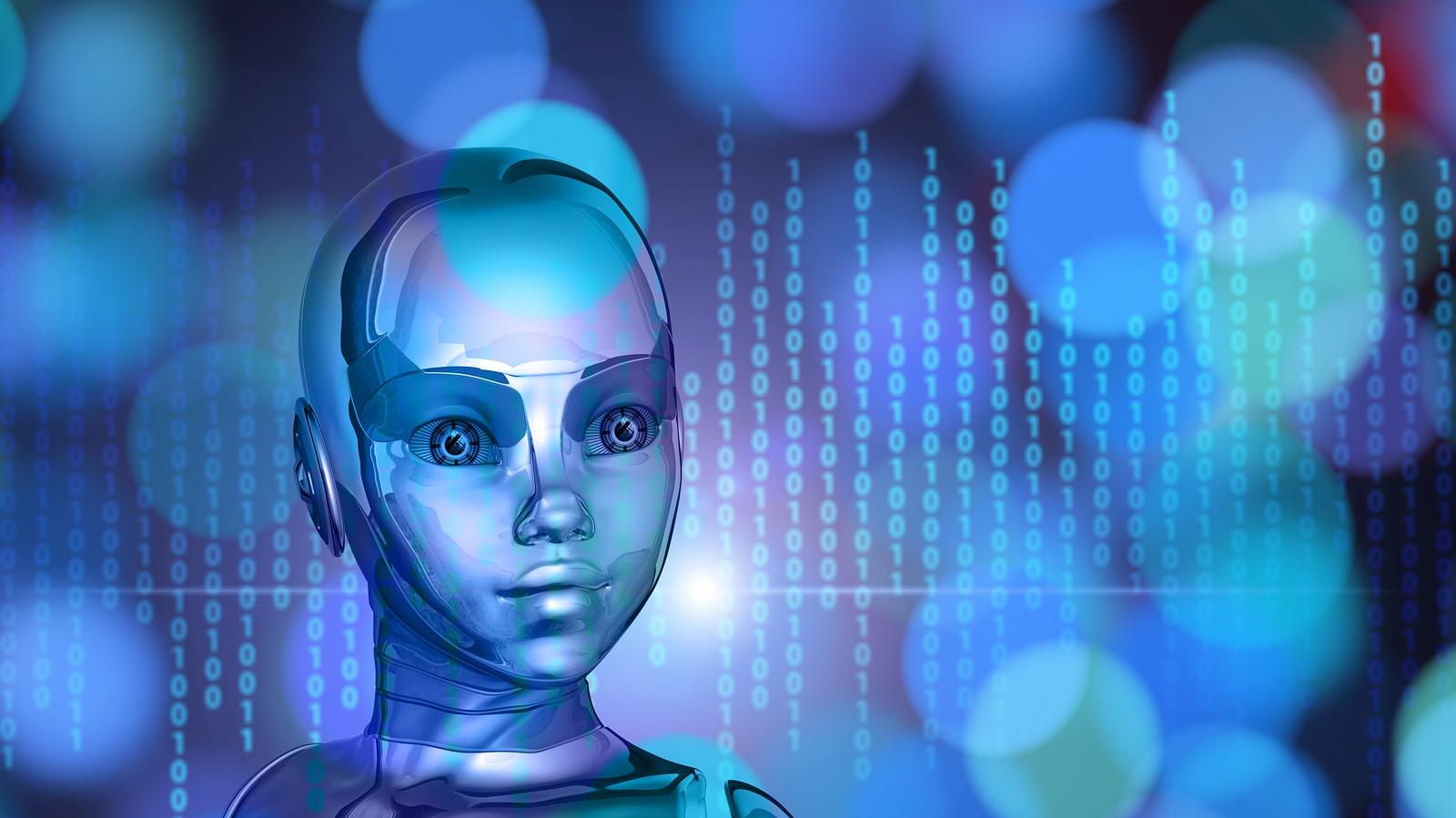“Robots are going to take our jobs! Computers will be smarter than us! Humans won’t need to speak to each other anymore!”
While the foreseeable future won’t be quite as daunting as these drastic sentiments, there will be major shifts in the workplace over the coming years due to changes in technology and consumer needs. As roles and responsibilities change to fit into the Future of Work, the question we’re all asking ourselves is “what role will humans play in an increasingly automated workplace?”
The question is, what are the skills needed to address the division of labor between humans and machines?
Skills like data science and data analytics, once reserved for tech circles, now carry immense weight in the new business world. Soft skills like decision-making or problem-solving are dramatically redefined for the complex new work environment. Creativity and empathy—previously “nice to have,” are now “need to know.”
Then there are some skills that might be surprising. Lesser-known traits, Essentialism and Grit have emerged as disciplines that contribute greatly to productivity levels and goal-oriented success. Perhaps the most valuable skill for the modern work environment is the ability to learn and adapt quickly. And finally, contractor skills must be sought out to help organizations rapidly fill in the talent gaps as required.
Let’s explore these eight core skills that should be part of the DNA of workforce for the future.
Essentialism
In his book Essentialism: The Disciplined Pursuit of Less, Greg McKeown says the way of the Essentialist is not about how to get more things done: it’s about how to get the right things done. It’s about making the wisest possible investment of time and energy in order to operate at the highest point of contribution by doing only what is essential.
By investing in fewer things, leaders who are essentialists have the ability to help an organization make significant progress in the things that matter most. In a world full of competing distractions, companies need people who know how to focus on the vital few and ignore the non-essential many.
Grit
Angela Duckworth, the author of Grit, defines this skill as having passion and perseverance for very long-term goals. Individuals who are gritty tend to be persistent and push themselves forward.
Employees who give up when faced with new challenges, and who tend to avoid the hard work of change will leave a company behind. Not people with grit. They have a growth mindset, and an ingrained desire to contribute to a company’s bottom line.
The characteristics of grit can actually determine a person’s success more than IQ can – making them valuable assets in the evolving workplace.
Learning Agility
The business world is changing at breakneck speed – and the shelf life of knowledge is getting shorter.
Employees need to constantly adapt their knowledge base to stay relevant in new environments.
Agile learners have the ability to evolve quickly and effectively by adapting to a changed context or environment. They look for ways to practice learning through doing to ensure new knowledge is applied immediately, retained and always relevant to the task at hand.
Few organizations can afford the time for their people to take time off for training. Rather companies are looking for ways to make learning an integral part of day-to-day jobs. That calls for agile learning. Without it, business stands still.
Data Science/Data Analytics
Big data is big business today due to the valuable insights organizations can access to know their customers better, launch new products and services, optimize their spending, and maximize their operations.
Creating such data sets requires an understanding of how to collect data and then sift through it to uncover the right information. This requires two separate disciplines: a data scientist to create the questions and a data analyst to find the answers to those questions. Put another way, data science provides information that can be used for data analytics.
Both data science and data analytics are important elements of the future of work because companies need people who can turn information into knowledge.
Decision-making
The new workplace is challenging the way decisions are made. Digital collaboration tools have changed the meeting room, people are bombarded by information on-demand, and the accelerated speed at which we expect communication and ideas makes major decision-making difficult and risky
Today, decision-making must be based on informed analysis and data, and participation from key stakeholders to arrive at a balanced decision that everyone can support – even if it’s imperfect or unpopular.
The workplace will continue to evolve, giving rise to new types of issues to be addressed and decisions to be made. Companies need people who are confident in their decision-making skills to propel them forward.
Complex problem-solving
Complex problem-solving looks at a broader picture rather than the problem itself. There could be many contributing factors, the solution is unclear, and the problem itself may be part of or related the system as a whole.
Complex problem-solvers are curious, have the cognitive flexibility to find new combinations of existing possibilities, and are able to discriminate hard facts from ideas, making them valuable assets in our highly interconnected and dynamically changing world.
The number of moving parts that make up our interdependent environment will only increase – creating a real demand for knowledge work. Knowing how to solve ill-defined problems in complex new-world settings will be an important skill set for organizations with their eye on the future.
Design thinking
Design thinking is creative problem-solving with empathy. It is using a human-centric approach that views a challenge from the eyes of the beholder and creates a solution that is desirable from a user perspective, logical and economically viable.
To be a design thinker requires keen observation, a willingness to try different approaches, a collaborative work ethic, and the ability to generate creative, transformative solutions.
Even while digital transformation is gaining greater presence in the workplace with automation replacing many jobs—we are still far from machines thinking and feeling like humans. Design thinking will enable humans to co-exist and collaborate harmoniously with machines.
Contractor skills
Contracting or outsourcing allows companies to rapidly acquire the skills they need as they need them. Contractors are flexible, able to fit in as required during peak periods or when your business is experiencing a skills gap, and just as easily able to exit when their skills are no longer required.
Contractors can be hired in practically every industry, from virtually any location thanks to digital communication and collaboration tools. They can also be hired to work on-site on a contract basis.
As work is redesigned around new technologies and the skills gap continues to widen, more and more companies will be tapping into the pool of independent workers. At the same time, the pace of work is increasing exponentially making hiring flexible, agile contractors a logical solution.
The window of opportunity is closing fast
Human skills are required to support technology adoption and therefore drive business growth. But there is a global skills crisis on the horizon. It’s time for business leaders to completely rethink how to prepare their workforces – from anticipating the skills they will need, to providing an enabling environment to help their people learn and apply new skills in order to ensure they have a workforce for the future.
About Kepner-Tregoe
Kepner-Tregoe has been the industry leader in problem-solving and service-excellence processes for more than 60 years. The experts at KT have helped companies raise their level of incident- and problem-management performance through tools, training and consulting – leading to highly effective service-management teams ready to respond to your company’s most critical issues.








